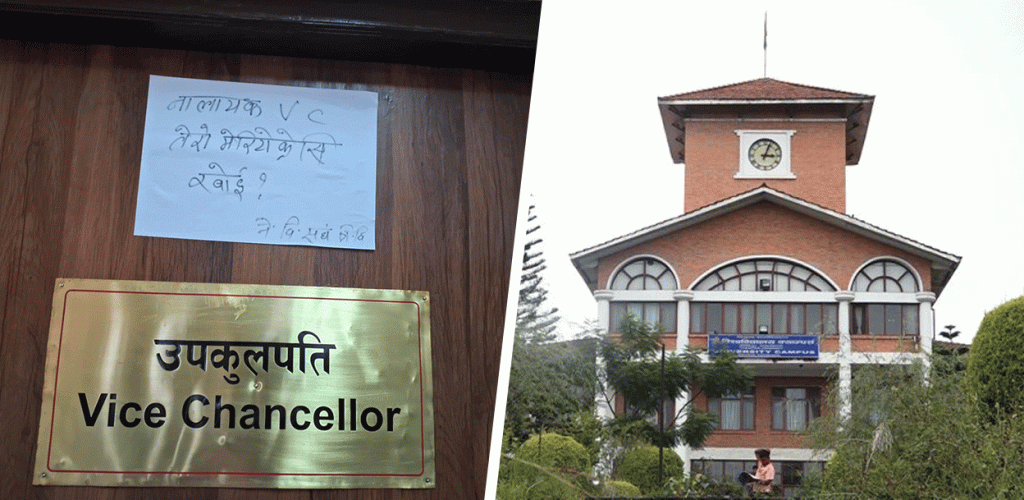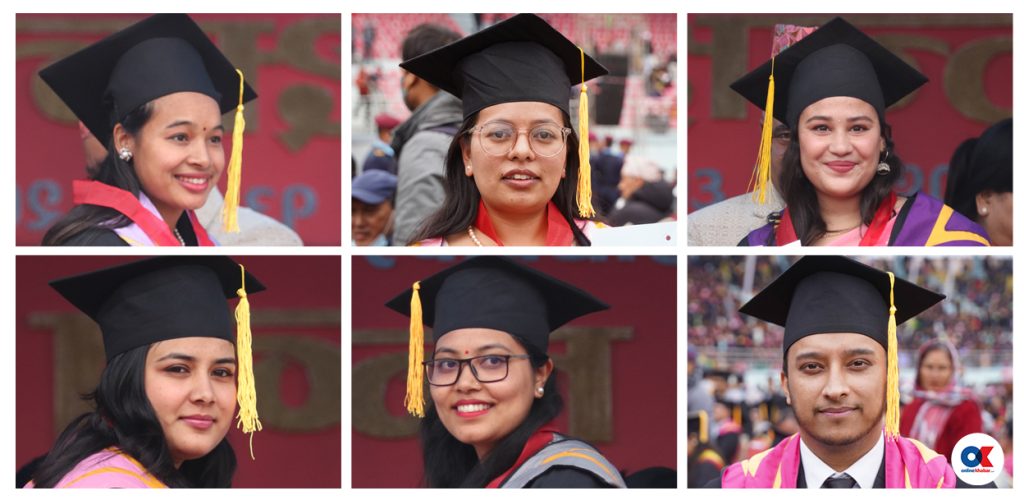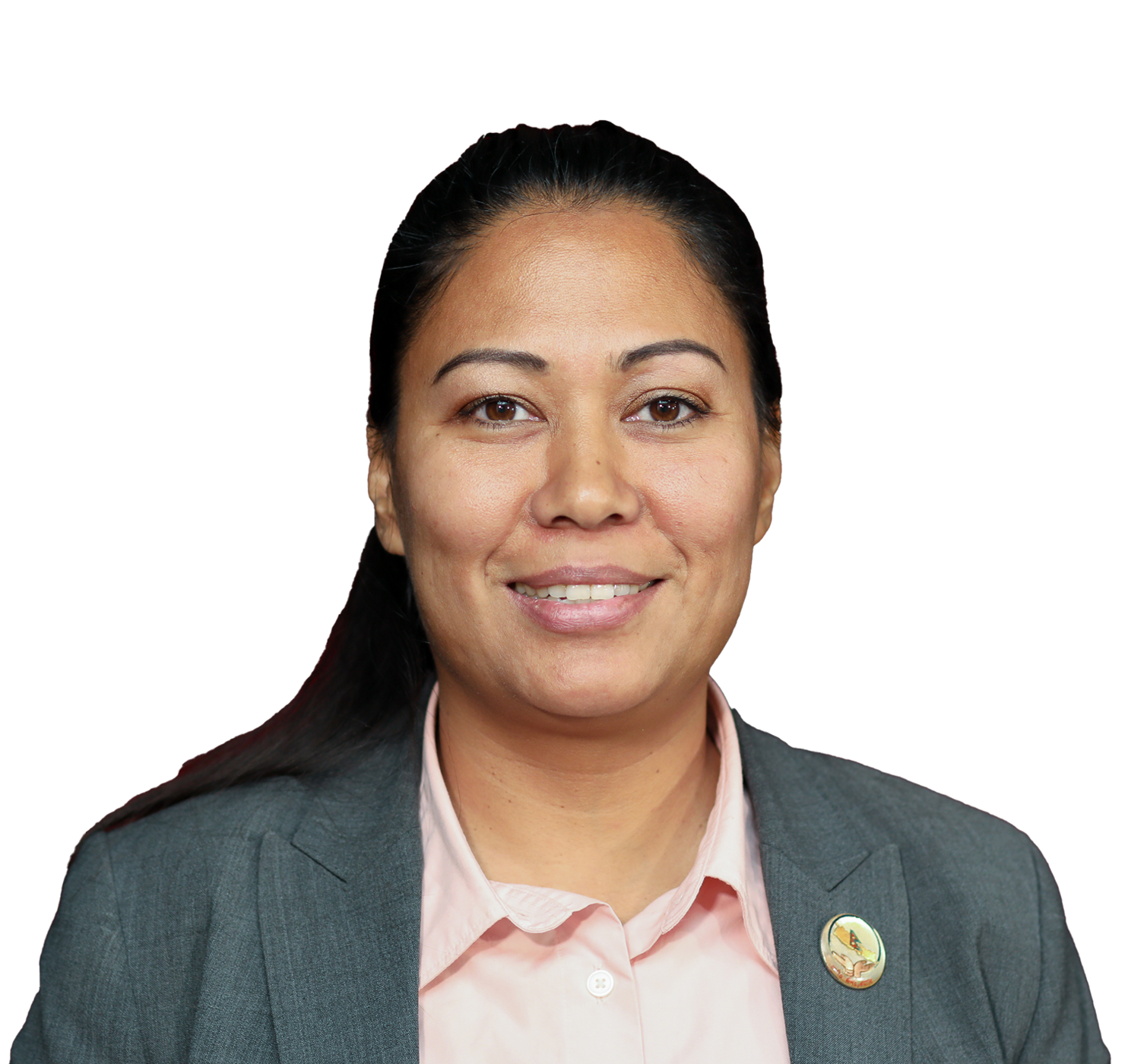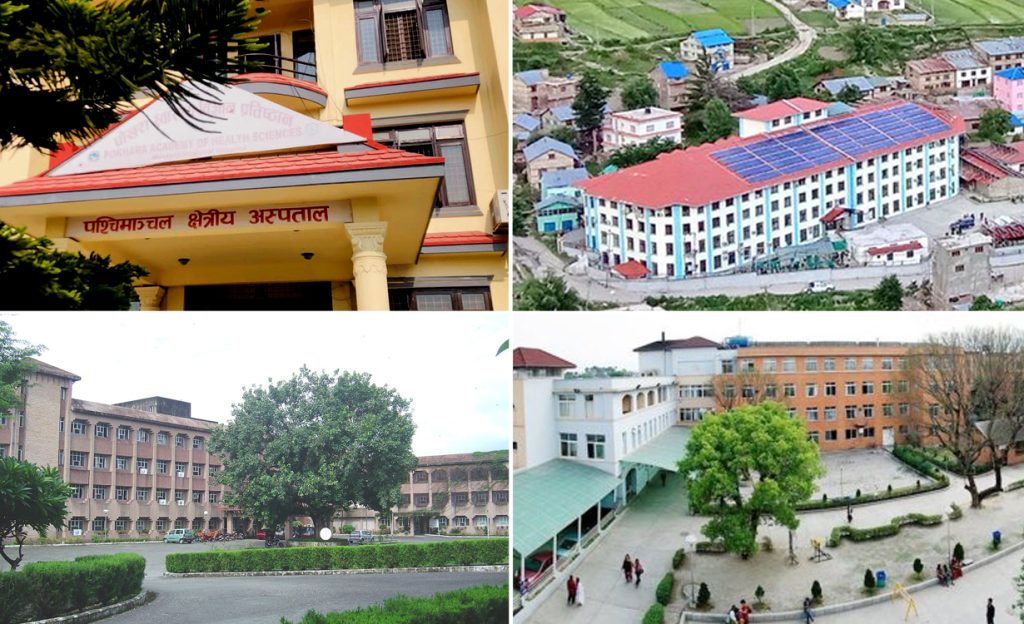
The air around the Dasharath Stadium during the 49th convocation ceremony of Tribhuvan University on Monday was different. While TU’s Chancellor, Prime Minister Pushpa Kamal Dahal was excited about the university creating a record for the number of students attending a graduation ceremony on a single day, the students who graduated were feeling sombre as they were uncertain about what the future held for them.
Instead of addressing that, Dahal went on about how Nepal was now in the history books after a team from Official World Record gave TU a certificate for creating a record.
“Today’s convocation ceremony has not only set a record in the history of Nepal but also the history of the world,” Dahal said in his address to the students. “I commend the significant contribution made by Tribhuvan University in the field of Nepali higher education.”

As he spoke at the convocation ceremony, most students there were not pleased. A prevailing sense of dissatisfaction was evident among most students. Many found it disheartening that the prime minister who is fully aware of the poor state of Nepal’s higher education system was spreading lies like that.
It was evident that the absence of opportunities for further study, academic research, and skilled employment in the country was irritating those who were graduating. Despite acknowledging TU and the role it has played in their life, most of the 12,000 students who graduated on Monday were talking about leaving Nepal to seek higher education abroad or explore better opportunities elsewhere.
In other words, despite obtaining degrees from the university, a substantial number of individuals are forced to opt for foreign universities to enter the job market. This included those who received gold medals at the convocation ceremony as they felt they needed something extra to stand out in Nepal and other places in the world.
No option but to leave

Consider Sujata Budhathoki, a graduate of humanities and social sciences, as an example. She is set to fly to London this week for further education.
“The quality of education is okay but there are hardly any employment opportunities in Nepal. I hope to find a job in London that will secure my future,” said Sujata.
Sushila Magar, another graduate of humanities and social sciences, is currently in search of employment opportunities in Nepal. However, she has faced challenges in securing a job related to her field of study.
“I want to stay here, but with no good job opportunities, I have been contemplating if I should leave as most of my friends have done,” says Magar.
Diksha Dahal, who completed her Bachelor’s in Pharmacy, is preparing to leave for higher education soon. Dahal, who works in a private hospital, studied intending to work in the industry but now does not see a future in Nepal.
She feels the education quality is great, but with no employment opportunities in the country, leaving is the only option she has.
“There are hardly any government jobs available and even if there are, you need to have a political affiliation to get the jobs. The country does not seem to value skilled people,” says Dahal.
Dahal stresses the need for the government to conduct a comprehensive study and monitoring of the human resources it has produced, examining their placement in various sectors and the conditions they face. Additionally, she suggests researching the salary scales within the private sector.
Dilija Bohara, a BSc in Nursing graduate, says that the government should not only focus on producing human resources but also on creating opportunities for their utilisation. Despite possessing skills, she expresses disappointment at not finding suitable opportunities, highlighting the importance of bridging the gap between skilled individuals and available opportunities.
“Government jobs are promising but you need to create jobs for those who do not land these jobs,” says Bohara.
In the current scenario, individuals are faced with a situation where they invest Rs 2 million in their education but end up working for a salary ranging from Rs 15,000 to Rs 20,000 a month. Bohara says this salary is hardly enough to survive.
“I feel we should explore opportunities elsewhere rather than living with false hope things will change here,” says Bohara.

Even gold medalists feel there is no future in the country. Bijeesha Budhathoki, a gold medalist in Journalism and Mass Communication, is gearing up to explore opportunities in India where she is currently pursuing a Post Graduate Diploma in Integrated Multimedia Journalism at the Asian College of Journalism.
“The things I am learning there have opened up opportunities to secure employment in various media outlets. I am actively pursuing that avenue,” said Bijeesha.
Frustrated gold medalists

Dilasha Shrestha, the recipient of the Suman Rijal Medal for excellence in sociology and anthropology, is presently employed at a private research centre. Despite her current position, she is making preparations to pursue higher education abroad.
“I want go complete my PhD from a foreign university which will help land better jobs elsewhere,” she says.
She remains hopeful that the employment of skilled human resources will increase with the opening of opportunities in Nepal. However, she says that for this to happen, students themselves must put in the effort.
“Sectoral opportunities are gradually expanding in Nepal. To successfully integrate into the growing job market, students need not only educational certificates but also the ability to enhance their skills.”
Abhinab Acharya, a gold medalist in Political Science, is currently pursuing his MPhil. With aspirations to engage in active politics in the future, he is also planning to pursue a PhD abroad.
“I will contribute as much as possible here; otherwise, I plan to pursue a PhD abroad and actively participate in politics in Nepal in the future,” says Acharya.
Acharya firmly believes that unemployment in Nepal is avoidable if individuals can develop skills in relevant fields alongside their educational qualifications.
Binod Khadka, a gold medalist in biological technology, says that a significant portion of the university’s graduates are compelled to seek opportunities abroad.
“TU produces so many students but most of us leave. I will most likely go as well as there are not enough employment opportunities here,” says Khadka.


























